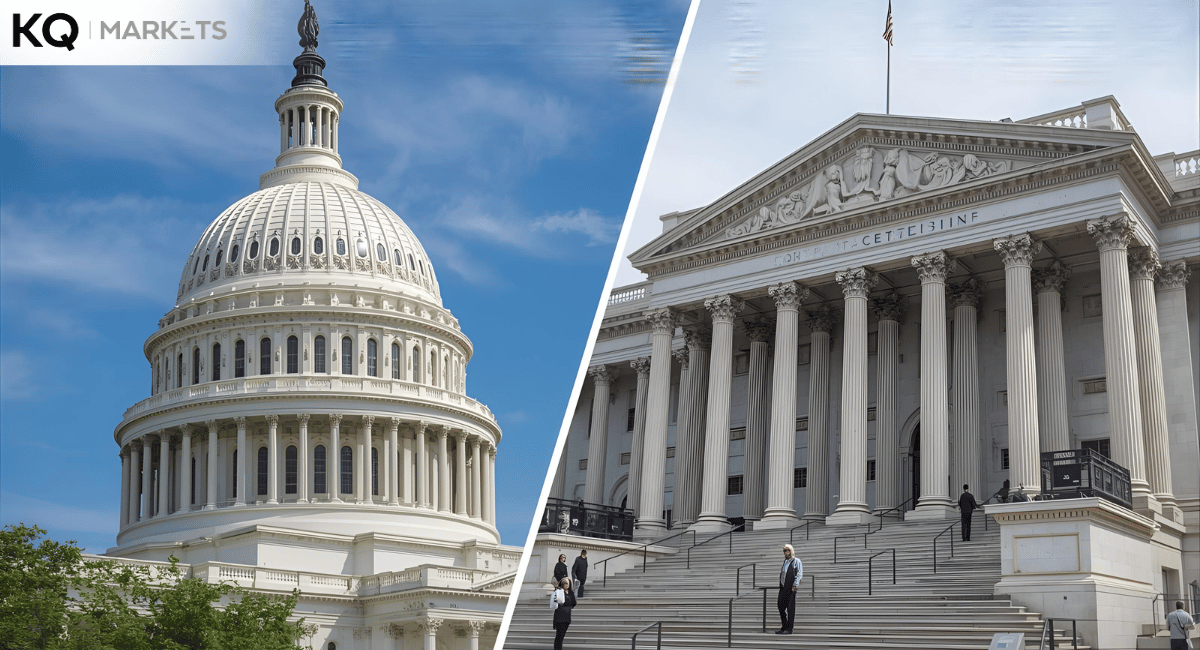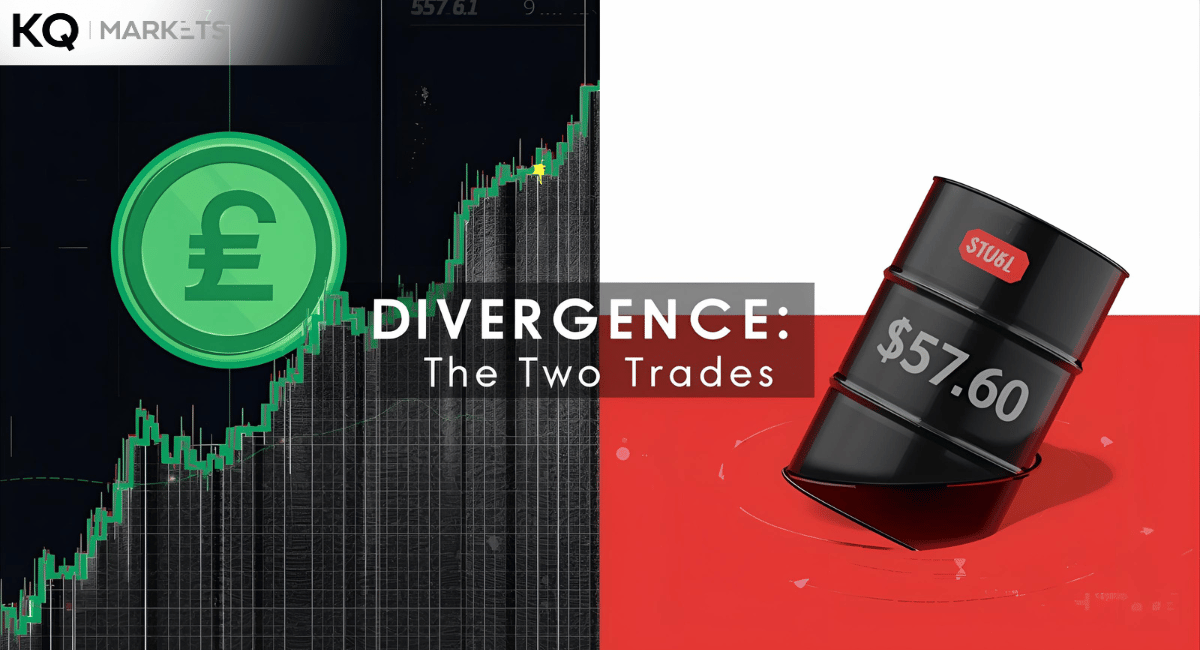Most world’s leading economies will likely fall into a recession in 12 months. This prediction comes amid central banks aggressively tightening monetary policies to curb the surging inflation. Nomura Holdings brokerage firm’s chief analyst is sure that most central banks are now focused on restraining inflation.
Generally, monetary policy credibility is a precious asset to any economy. Traders can expect central banks to remain extremely aggressive in curbing inflation. Thus, the global market expects front loading rate hikes over the next 12 months. Although recession risk forecasts have been all over news bulletins for a while, analysts are now more confident than ever that it will surely occur.
A recession will also hit several developed economies. Nomura brokerage firms expect recessions in the US, the UK, Canada, Australia, South Korea, Japan, and the Eurozone by next year. It would be best to mention that countries cannot expect export growth whenever several economies weaken. Therefore, the high dependence on exports makes the risks of a recession definite.
Besides, many central banks thought inflation would be transitory and retained their “super-loose monetary policy” for too long. Governments are now trying to catch up and regain control of the narrative through aggressive monetary policies. For instance, analysts forecast a long but shallow recession for about five quarters from the final 2022 quarter. The worst part is that it will last for about five quarters with a negative quarter-on-quarter GDP increase.
The European Central bank and the US Federal Reserve are some top organizations pushing rate hikes to curb this record-high inflation. For instance, in June, the Fed raised its benchmark interest by 75 basis points in a 1.5% to 1.75% range. Its leadership has also published another possible hike of 75 or 50 basis points in July.
Analysts are worried about several mid-sized economies such as South Korea, Canada, and Australia. These economies have a very high debt-fueled housing rate. Therefore, if the interest rate hikes trigger deleveraging and housing busts, they may land into deeper-than-forecast recessions. The situation will result in wage-price spirals that would be more painful for individuals and the economy.
Impacts of Recession on Economy
A recession can result in reduced economic activity, falling incomes, high unemployment, and delayed educational achievements. Depressed consumer spending and frozen credit markets can deter vibrant small business success. On the other hand, larger firms may reduce or delay spending.
Most importantly, income losses and unemployment can lower educational achievement by impeding nutrition and hampering a supportive environment for learning. If the total non-residential investment drops by about 20 percent, production capacity will face challenges for several years.
Above all, small and new firms are essential for tech innovations. Reduced consumer demand and credit crunch double-squeezed the small businesses. Hence, some developed economies have lowered their expectations of economic development. Others are predicting no economic growth in the next three years. They are struggling with curbing inflation and retaining their currency value.





